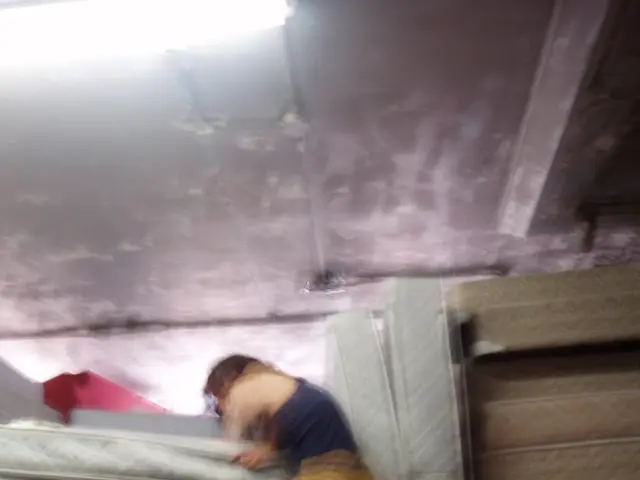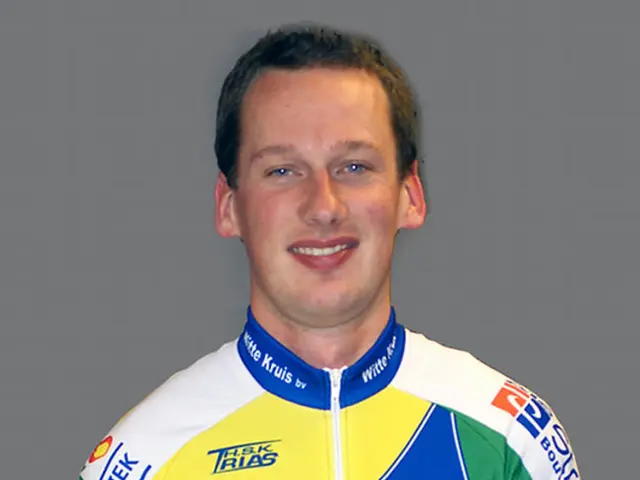Diplomats from Europe convene urgently to shape discussions in the upcoming Trump-Putin summit
In a significant development, European leaders are increasingly open to the possibility of territorial concessions by Ukraine as part of negotiations with Russia, but they emphasise that these swaps must be reciprocal and uphold Ukraine's sovereignty norms. This pragmatic approach is a shift from their earlier, more rigid stance.
The upcoming videoconference, scheduled for 1500 CET on Wednesday, will involve U.S. President Donald Trump, US Vice President JD Vance, and several European leaders, including German Chancellor Friedrich Merz, French President Emmanuel Macron, and UK Prime Minister Keir Starmer. The discussion is expected to focus on options to increase pressure on Russia, the sequence of steps in a possible peace process, the future of territories occupied by Russian troops, and security guarantees for Ukraine.
European leaders bring significant leverage to the table, primarily through military support and economic sanctions against Russia. The U.S., on the other hand, contributes essential security guarantees and diplomatic weight. Together, they form a unified front to influence the negotiation scene.
The leaders of Finland, Italy, and Poland will also join the videoconference calls. Notably, Polish Prime Minister Donald Tusk has expressed fears and hope regarding the Putin-Trump meeting in Alaska on Friday.
European countries support Ukraine's position that land swaps should be reciprocal. A European Commission official stated that territorial swaps from Russia's viewpoint "appear as a rather one-sided swap." The EU's foreign affairs chief Kaja Kallas has emphasised the necessity of transatlantic unity, support to Ukraine, and pressure on Russia to end the war.
The estimated military aid to Kyiv from the U.S. between January 2022 and April 2025 dwarfs what has been provided by Ukraine's largest military backer in Europe. The U.S. has pledged $64.6 billion compared to the $14.5 million provided by Europe.
In recent talks hosted by British Foreign Secretary David Lammy, Europeans rejected a Russian proposal to trade Ukrainian-held parts of the Donetsk region for a ceasefire. Mr. Trump has also mentioned the possibility of getting some of Ukraine's occupied territory back.
Despite the shift towards territorial concessions, European leaders remain firm on upholding the principle of Ukraine's territorial integrity. They insist that any concessions must be balanced and not one-sided. They also emphasise that robust security guarantees backed by credible U.S. and European forces are mandatory to prevent renewed Russian aggression.
The potential US-Russia meeting without Ukrainian President Volodymyr Zelenskyy has raised concerns about land cessions by Ukraine, but European leaders are trying to influence or moderate Trump's stance, which currently favours territorial concessions as a route to ending the war. The leaders are working together to maintain a united transatlantic front in negotiations to avoid unilateral concessions that could embolden Russia.
Read also:
- Court petitions to reverse established decision on same-sex marriage legalization
- Trump's enforcement actions in Washington D.C.: Insights from the political arena
- Chinese Ambassador issues stern message to India regarding Trump's tariffs in midst of escalating trade feuds
- Aircraft collides with another one on the runway during landing at Montana airport, igniting flames








